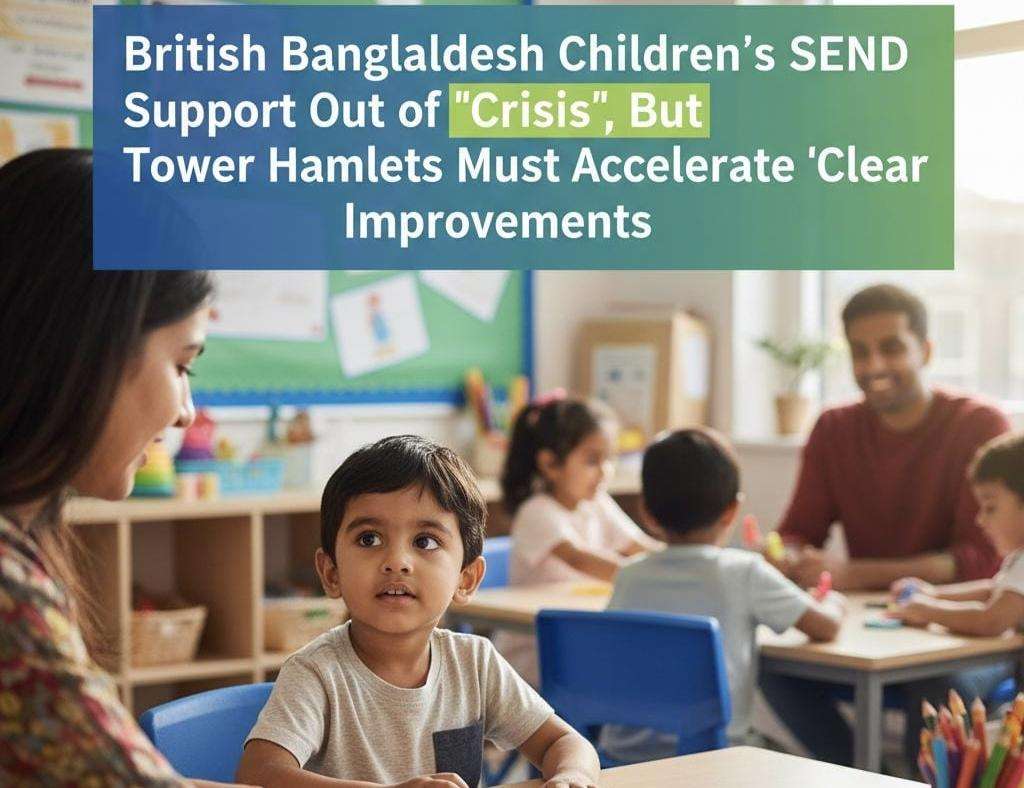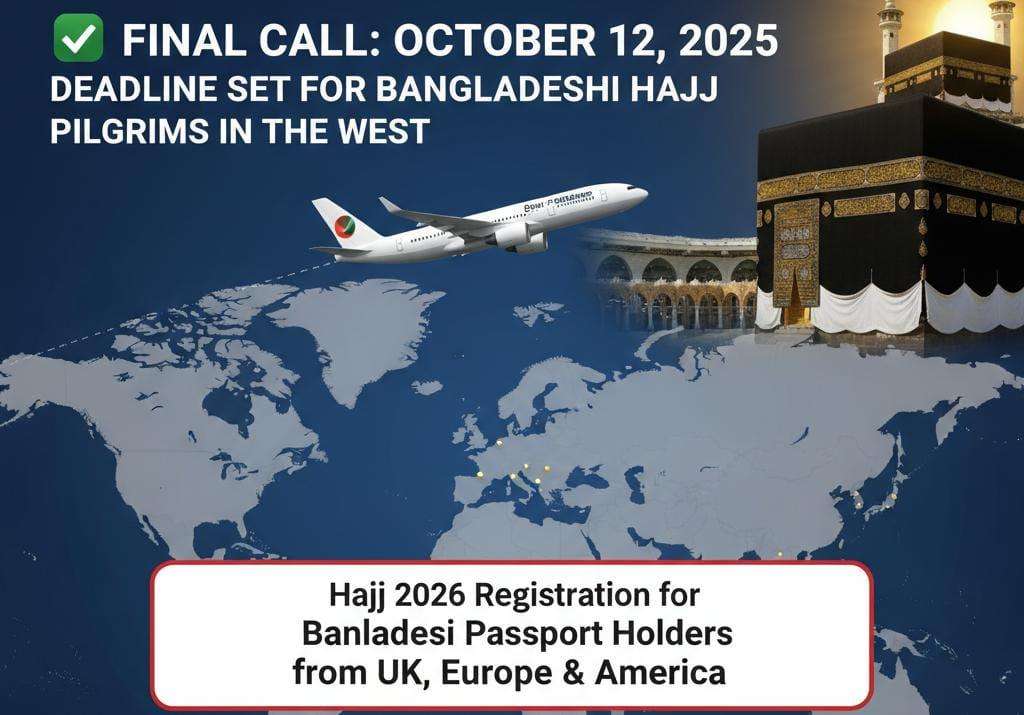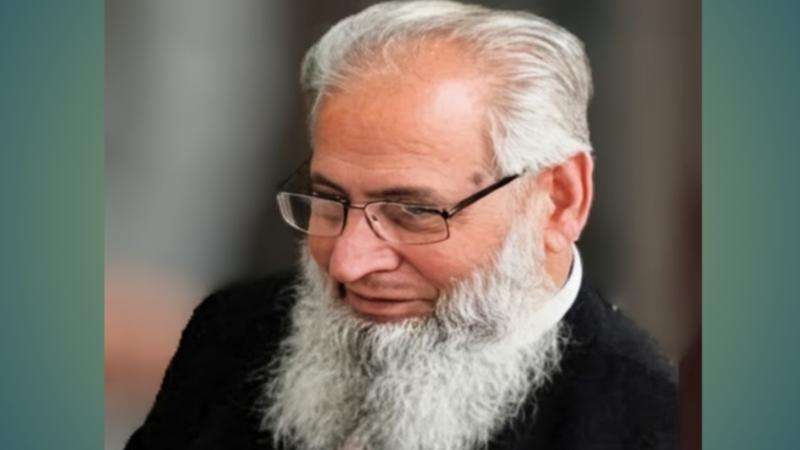Shamima Begum, the British-Bangladeshi Sylheti woman who fled her Bethnal Green home in Tower Hamlets a decade ago to join ISIS, remains trapped in the volatile al-Roj detention camp in Northern Syria, with her hopes of returning to the UK all but extinguished. Recent developments in her protracted legal battle have solidified her status as effectively stateless, a position vehemently rejected by Bangladesh, the country of her parents' origin, where her father is understood to live.
The 26-year-old, one of the notorious "Bethnal Green Trio," has seen her latest attempts to overturn the 2019 decision by then-Home Secretary Sajid Javid to strip her of British citizenship falter at the highest level. Most recently, the UK Supreme Court refused her permission to appeal, a devastating blow to her legal team who have argued she was a victim of child trafficking and should be allowed to return to contest the decision in a fair and effective hearing.
The Court of Appeal's ruling, which was upheld by the Supreme Court's refusal to hear a further appeal, found in favour of the Government, prioritising national security concerns over her right to a fair hearing in the UK. This follows a previous Supreme Court decision that ruled she could not return to the UK solely to pursue her appeal, instead suggesting her case be suspended until she could participate effectively without compromising public safety—a contradiction given her indefinite detention in the Syrian camp.
Stuck in Syria: Daily Life on UK Funds
Begum, whose three children with convicted Dutch ISIS fighter Yago Riedijk (now jailed in a separate Kurdish-run prison) all died young, is reportedly living on financial donations of around £100-a-week (up to £400 a month), transferred by relatives in London. These funds are used to secure small luxuries and necessities in the al-Roj camp, which, despite being heavily fortified, is a precarious and often violent environment. Reports suggest she uses the money for mobile phone top-ups, groceries, and even beauty treatments, part of an alleged campaign to "re-brand" her image as more "Westernised" – notably no longer wearing a hijab – in a bid to sway public opinion and support her case.
Her living conditions, while better than some in the facility, include a tent equipped with a television, running water, and electricity, receiving clothing and parcels from loved ones in the UK. However, the camp, which houses women and children linked to ISIS members, remains "extremely volatile," according to the Red Cross.
The Question of Return: Minimal Chance
The current judicial consensus has rendered Begum's chances of returning to the UK minimal.
- Supreme Court Refusal: The latest refusal by the Supreme Court to hear her case on grounds of national security and the previous Court of Appeal ruling upholding the citizenship deprivation are the most significant legal barriers.
- Statelessness Argument Rejected: Her argument that the deprivation order rendered her stateless was challenged by the UK Government, which claimed she was eligible for Bangladeshi citizenship through her parents. However, Bangladesh has officially and repeatedly refused to recognise her as a citizen, making her de facto stateless. The UK courts, however, ruled that her potential eligibility for Bangladeshi citizenship was sufficient at the time of the deprivation order to prevent her from being de jure stateless, a crucial distinction under international law.
- Trafficking as a Failed Appeal Point: Although the Special Immigration Appeals Commission (SIAC) acknowledged "credible suspicion" that Begum was trafficked as a child, the Court of Appeal ultimately ruled that this did not invalidate the Home Secretary's national security assessment when deciding to strip her of citizenship.
- No Government Re-evaluation Plans: Recent political statements from UK Ministers have indicated "no plans" to re-examine her case or facilitate her repatriation, particularly amid fears of instability and advances by hostile groups in Syria that could compromise the security of the camps.
For Shamima Begum, a British-born Londoner of Sylheti origin, the legal road has reached a dead end. She remains reliant on her family's support while indefinitely detained in a foreign camp, stripped of the citizenship that was her birthright, with no clear path or legal mechanism left to facilitate her return to the UK to face justice or reintegration.








.svg)

